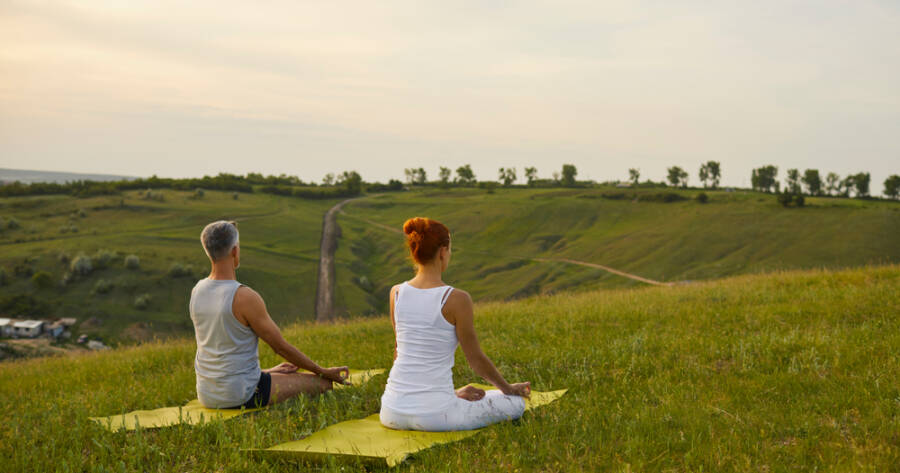In a world filled with constant noise, notifications, and distractions, many people are seeking ways to truly disconnect. Silent retreats have gained popularity in the United States as an opportunity to step back from the chaos and reconnect with yourself. Silent retreats emphasize stillness, mindfulness, and reflection by asking participants to set aside conversation and technology. While the idea may sound intimidating at first, preparing in advance can help you embrace the experience and get the most from your time in silence.
What a Silent Retreat Is All About
A silent retreat is more than just a vacation without talking—it is an intentional break from daily life designed to calm the mind and reset your perspective. During a retreat, participants commit to refraining from verbal communication, often for several days at a time.
The schedule may include meditation sessions, yoga, mindful eating, and periods of rest. Silence encourages participants to notice thoughts, emotions, and surroundings with greater clarity. For many, this creates a deep sense of peace and self-awareness.
Benefits of Attending a Silent Retreat
One of the most significant benefits of a silent retreat is the opportunity to reduce mental clutter. Without the constant pull of conversations and devices, your mind has space to slow down. Many participants report improvements in focus, stress reduction, and emotional balance.
Another benefit is reconnecting with your body and senses. Simple activities such as eating, walking, or breathing become more meaningful when experienced in silence. This heightened awareness can help you notice habits and thought patterns that may have gone unnoticed in the noise of daily life.
What to Expect During the Retreat
Every silent retreat is structured differently, but most follow a daily schedule that combines guided activities with independent time. Meditation sessions are common and may range from sitting practices to walking meditation. Gentle yoga or stretching classes are often included to support physical comfort. Meals are typically shared in silence, encouraging mindfulness around food.
It’s normal to feel restless or uncomfortable at first. The absence of conversation and digital stimulation can seem overwhelming. However, most participants adjust after the first day and begin to appreciate the slower rhythm. Retreat facilitators are usually available to provide guidance if challenges arise, so you won’t be completely on your own.
How to Prepare Before You Go
Preparation can make your retreat smoother and more rewarding. Start by practicing short periods of silence at home, perhaps during meals or daily walks. This helps ease the transition into longer stretches without conversation. It’s also wise to reduce screen time in the days leading up to the retreat, so the break from technology feels less abrupt.
Pack simple, comfortable clothing that allows for sitting and stretching. Most retreats emphasize minimalism, so bringing only essentials helps align with the spirit of simplicity. Finally, set realistic expectations. Silence can be powerful, but it won’t erase all stress in a single weekend. Instead, see it as an introduction to mindfulness practices you can carry into everyday life.
Overcoming Common Misconceptions
Some people worry that silent retreats are overly strict or unwelcoming, but in reality, most are designed to be supportive rather than rigid. Silence is encouraged, not as punishment, but as a tool for reflection.
Others assume they need prior meditation experience, but beginners are welcome at most retreats. The goal is not perfection, but exploration. By entering with an open mind, you give yourself permission to learn and grow at your own pace.
Finding Peace in Stillness
Silent retreats may seem daunting, but they provide a rare chance to step away from noise and connect with yourself on a deeper level. By offering structure, guidance, and a supportive environment, these retreats make it possible to discover clarity and calm you may not find in daily routines.
Preparing in advance helps ease the transition and makes the experience more fulfilling. For anyone curious about mindfulness or seeking a mental reset, a silent retreat can be a powerful step toward inner peace.

